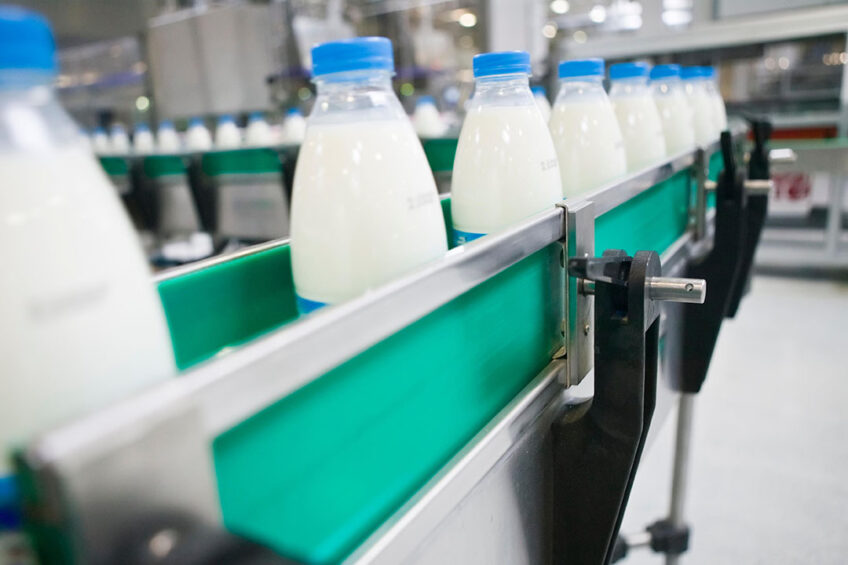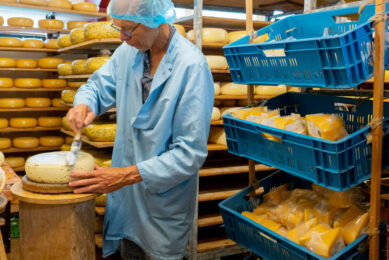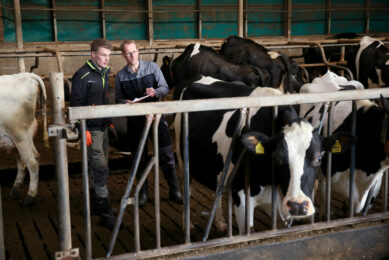Russia lacks high quality milk

Russia is experiencing a major shortage of high-quality milk, Sergey Kalashnikov, deputy chairman of State Duma’s economic committee, claimed during a press conference in Moscow in December of 2020.
For this reason, almost all Russian cheese plants launched during the past few years failed to reach the designed production performance, Kalashnikov said. Besides, the quality and taste parameters of Russian cheese leave a lot to be desired, and they are not comparable to those of French cheese, he added.

This is not the first time the quality of Russian milk has been criticised. For example, Mika Koskinen, general director of the Russian branch of Valio, complained that the best milk available in Russia does not match European standards of the highest quality milk. Valio had been primarily importing raw milk from the European Union to its Russian plants before the 2014 food embargo was put in place.
However, the quality of the Russian milk has significantly improved during the past 10 to 15 years, said Artem Belov, executive director of the Russian union of milk producers. This is a completely different product now, Belov said, adding that despite better filtration and processing technologies (which he praises), milk products are not comparable with those produced during the Soviet times.
 Russia: Milk quality under the spotlight
Russia: Milk quality under the spotlight
A group of Russian scientists has conducted a throughout research of the Simmental cow breed genotype to discover a promising way of improving milk quality.
No antibiotics detected
A research conducted by the Russian non-commercial organisation Roscontrol in 2020 showed that the quality of milk in Russia indeed had improved. Product samples taken from 6 top brands showed significant improvements compared to previous years.
For instance, in previous research, samples of 5 out of 6 brands have been found contaminated with antibiotics. However, in 2020, no antibiotics have been detected during laboratory inspections.
However, some major problems remained, Roscontrol admitted. Milk of one brand has been found contaminated with E.coli, while another company seemed to conduct major violations in the production process, treating milk with too high temperatures during pasteurisation, which damages product quality, Roscontrol said.
 Accelerating automated detection of milk fraud
Accelerating automated detection of milk fraud
Digi.Bio and SwissDeCode are joining forces to accelerate the automated detection of milk fraud.
Milk fraud is no longer common
In 2020, the share of falsified milk in Russia was limited to 3%, the Russian state sanitary service Rospotrebnadzor estimated.
During the previous few years, the share of falsified milk in the country was enormous, reaching up to 70% in some regions at certain periods of time, according to the Russian veterinary watchdog Rosselkhoznadzor.
It is believed that the Mercury electronic traceability system wiped out most counterfeit products from the supply chain.
Join 13,000+ subscribers
Subscribe to our newsletter to stay updated about all the need-to-know content in the dairy sector, two times a week.










